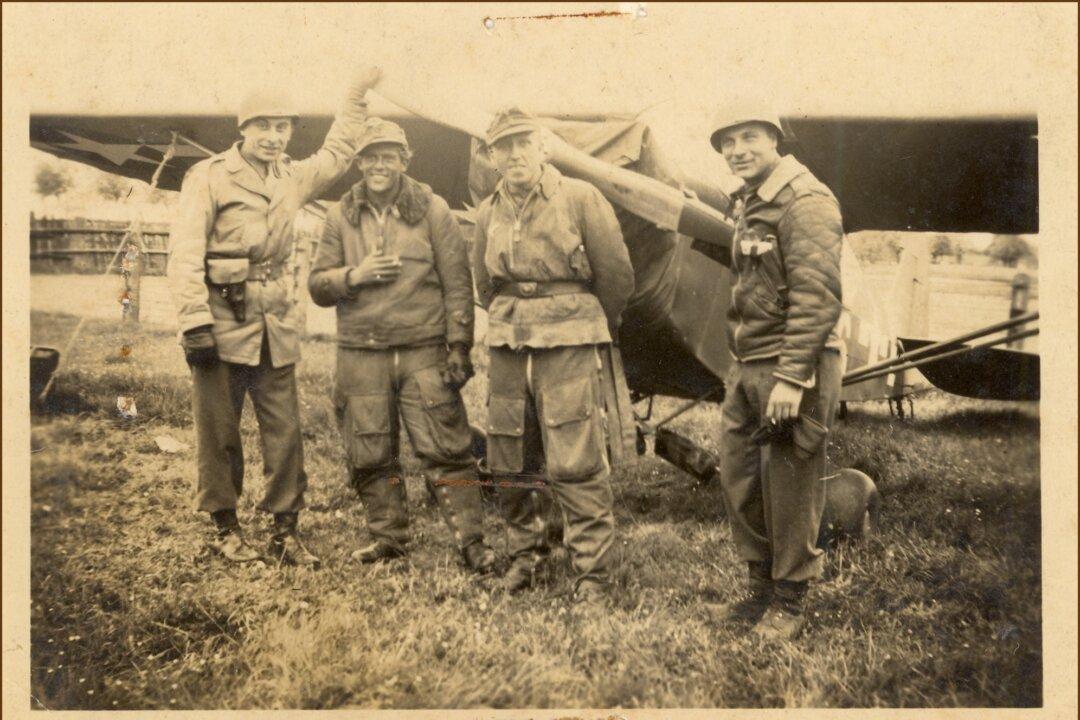Dominick Critelli was born before the invention of parking meters, masking tape, bubble gum, and chocolate chip cookies.
On his date of birth, April 8, 1921, Warren G. Harding was the newly inaugurated president. Since then, Critelli has seen 18 commanders in chief occupy the White House.






